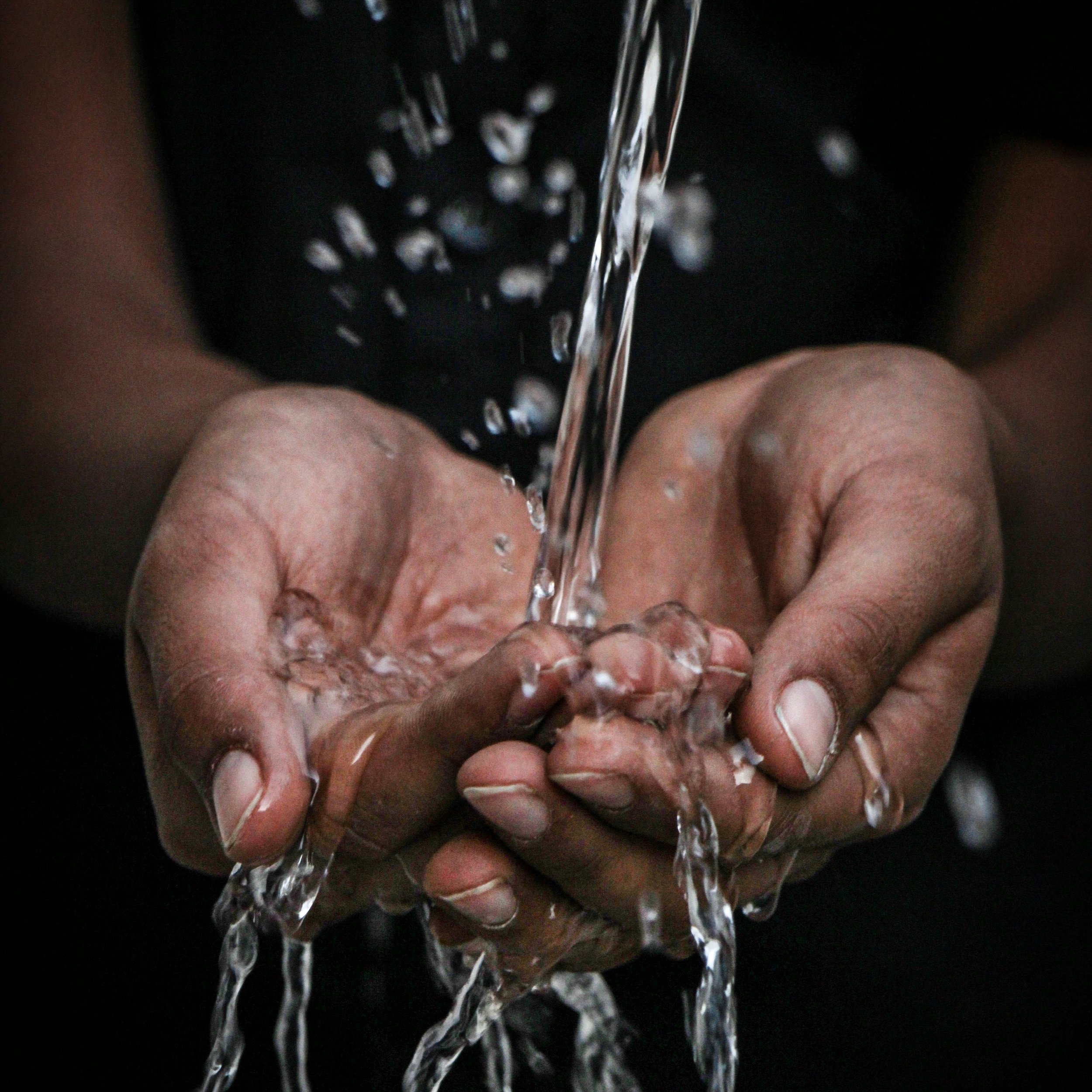Creatine: A Powerful Supplement for Women's Health and Performance
Creatine, long considered a staple supplement for male athletes, is increasingly recognized for its significant benefits in women's health and fitness. While research on creatine's effects specifically in women has been less extensive than in men, accumulating evidence strongly supports its efficacy and safety for a wide range of female populations.
How Creatine Works
Creatine is a naturally occurring compound found in muscle tissue. It helps replenish adenosine triphosphate (ATP), the body's primary energy source, allowing for increased power output during high-intensity exercise. This leads to improvements in several key areas:
Strength and Power: Studies show creatine supplementation enhances strength gains, particularly in resistance training, leading to improved muscle mass and power output. This is beneficial for women aiming to improve their overall fitness, build lean muscle, and increase bone density.
Muscle Growth (Hypertrophy): Creatine promotes muscle protein synthesis, leading to increased muscle size and potentially aiding in fat loss. This is particularly relevant for women seeking to sculpt their physique and improve body composition.
Cognitive Function: Some research suggests creatine may improve cognitive function, including memory and brain processing speed. This benefit could be especially valuable for women experiencing age-related cognitive decline. However, more research is needed in this area specific to women.
Improved Exercise Performance: Creatine supplementation can lead to better performance in various high-intensity activities like weightlifting, sprinting, and interval training, ultimately contributing to enhanced workout results.
Creatine and Women's Specific Concerns
Weight Gain: While creatine can increase water retention in the muscles, leading to a slight increase in weight on the scale, this is not fat gain. It's primarily water weight that is easily lost upon cessation of supplementation.
Hormonal Changes: There's no evidence to suggest creatine negatively impacts women's hormone levels. Studies have not found any significant changes in estrogen, testosterone, or other hormones related to creatine use.
Safety: Creatine is generally considered safe for women when taken as directed, following recommended dosages and cycling protocols. However, consulting a healthcare professional before starting any new supplement is always recommended, especially if you have pre-existing medical conditions.
Dosage and Recommendations
The generally recommended loading phase is 20 grams per day for 5-7 days, followed by a maintenance dose of 3-5 grams per day. However, individual needs may vary. It’s crucial to choose a high-quality, pure creatine monohydrate supplement
I highly recommend Puori’s creatine supplement as they use minimal ingredients and is third party tested! Use code HARTWELLNESS for 10% off.
Creatine offers several significant benefits for women's health and fitness, ranging from improved strength and power to potential cognitive enhancements. While more targeted research in women is still ongoing, the existing evidence strongly suggests that creatine supplementation can be a valuable tool for women pursuing their fitness goals and improving overall well-being.

If you need help choosing the right supplements for you or designing an effective nutrition plan tailored to you and your goals, reach out to me to schedule a FREE consultation call TODAY!
Sources: pmc.ncbi.nlm.nih.gov

Follow Amanda Hart for free fitness tips






































